When it comes to luxury cars, it’s tempting to think they’re bulletproof investments. Yet, as enticing as they seem, not all luxury vehicles hold their value. If you’re considering putting down a hefty sum on an opulent ride, it’s worth knowing which models might have you singing the depreciation blues. Here’s a list of 13 luxury cars that experts predict will tank in value, so you can make a savvy decision before opening your wallet wide.
1. BMW 7 Series
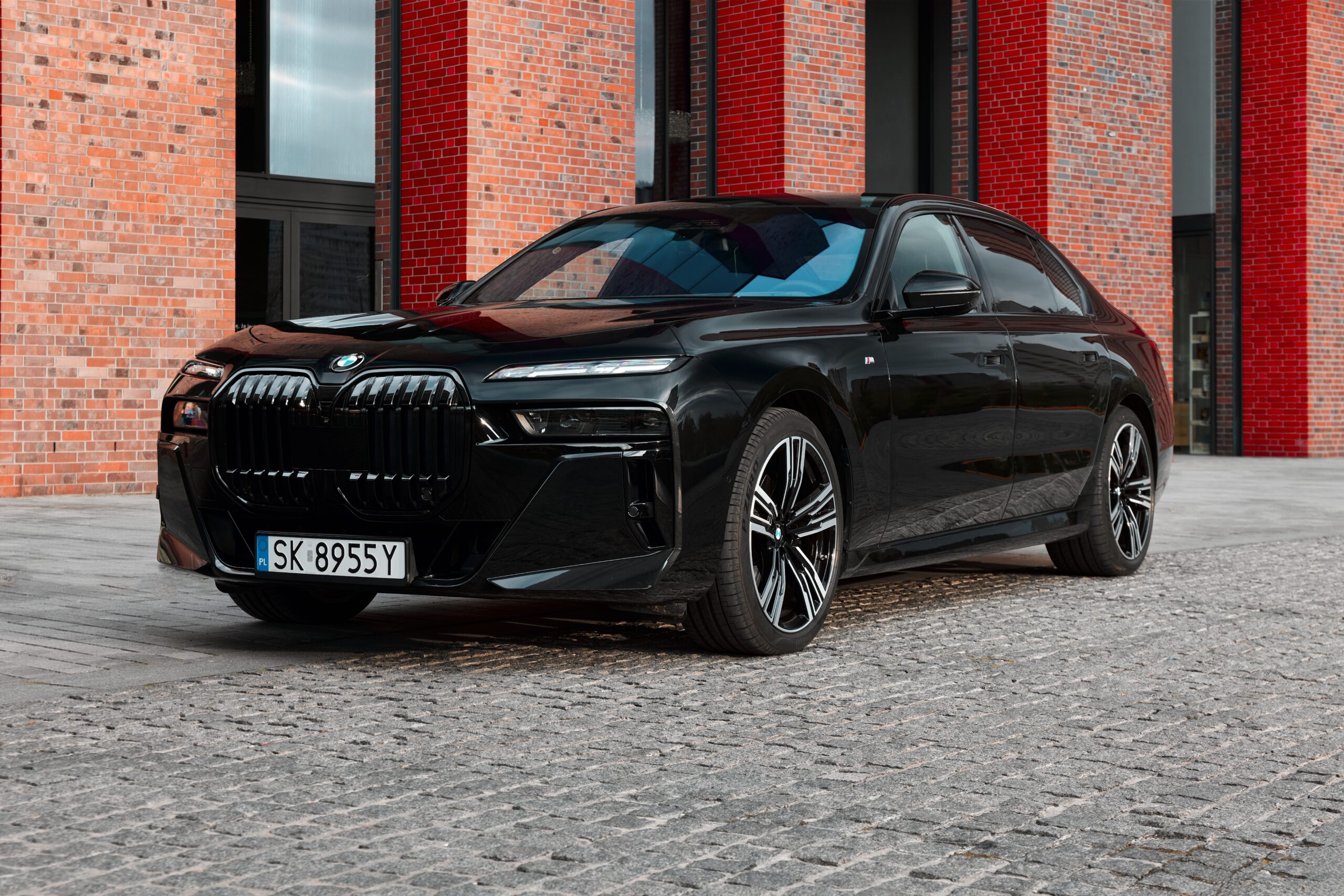
The BMW 7 Series is undoubtedly an engineering marvel, brimming with cutting-edge technology and performance capabilities. However, despite its impressive features, it loses value at a surprising rate. According to a study by iSeeCars, this flagship sedan depreciates around 72.6% over five years. Industry experts like Karl Brauer, an executive analyst for iSeeCars, note that the rapid depreciation is partly due to BMW’s frequent release of newer models, which make older versions seem outdated. This constant cycle can leave you feeling like you’re driving yesterday’s news while still paying a premium price.
Moreover, the maintenance and repair costs on a luxury sedan like the 7 Series can be quite high. Even though you might enjoy the car’s luxurious features, the upkeep can be a financial burden. Additionally, luxury cars like the 7 Series are often leased rather than purchased outright, which can lead to a saturated used market. This surplus of used vehicles means that resale values are driven down even further. So, if you’re considering a 7 Series, be prepared for its value to plummet faster than you might expect.
2. Maserati Ghibli
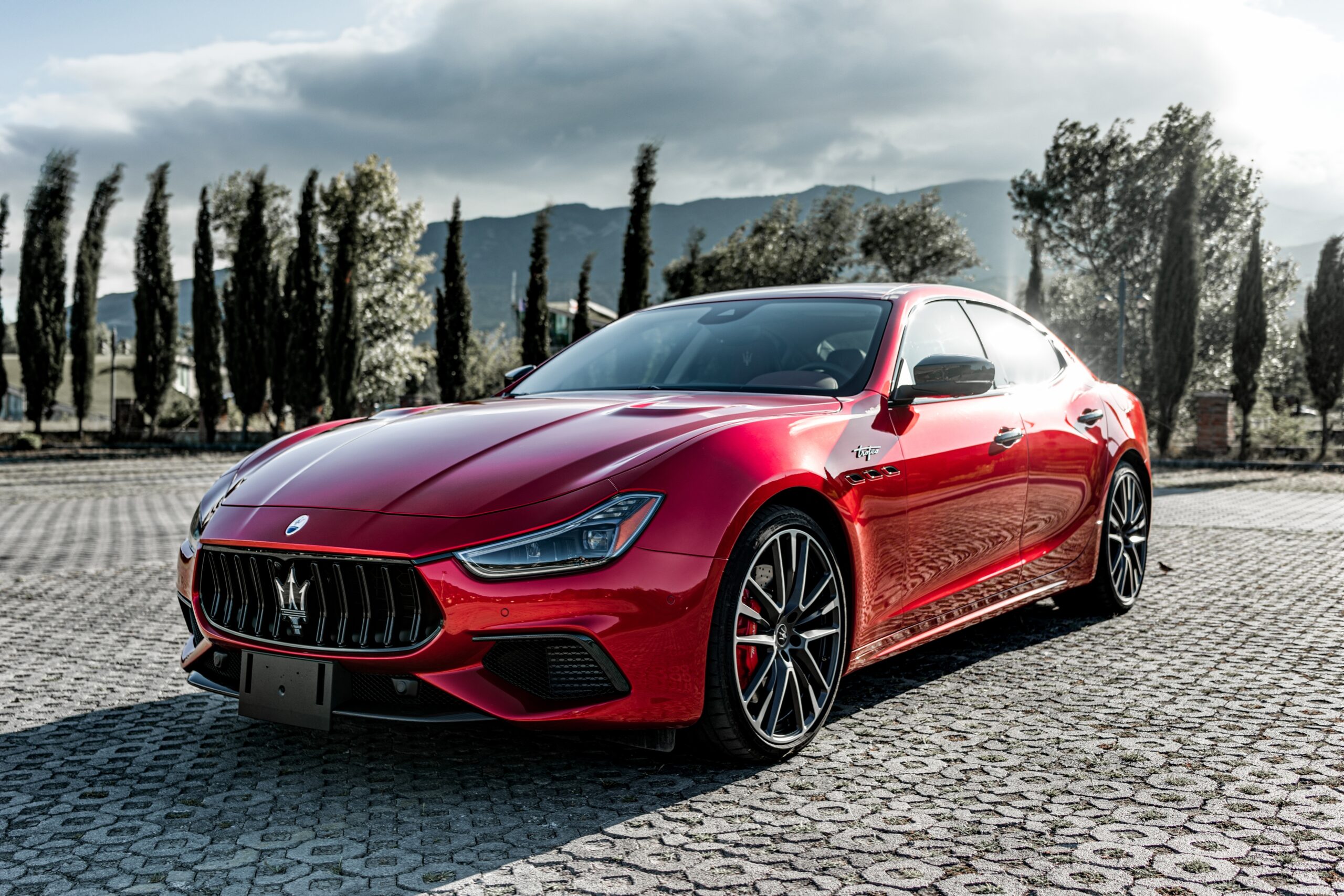
The Maserati Ghibli offers Italian style and flair, but its depreciation rate is far from attractive. This mid-sized luxury car loses its luster quickly, depreciating nearly 69% after five years. While it promises an alluring blend of performance and design, it struggles to compete with more established players in the luxury segment. Many buyers find that its interior quality doesn’t quite match the exterior allure, which can leave you questioning your investment. When it comes time to sell, expect a steep drop in its resale value.
In addition to high depreciation, the Maserati Ghibli is not known for its reliability. Owners often report frequent trips to the mechanic, further diminishing the car’s appeal. Couple that with high insurance costs, and what seemed like a dream car can quickly become a financial drain. It also lacks the brand prestige that competitors enjoy, which can make it a harder sell in the secondhand market. If you’re tempted by the Ghibli’s charms, be prepared for its value to depreciate significantly.
3. Jaguar XJ
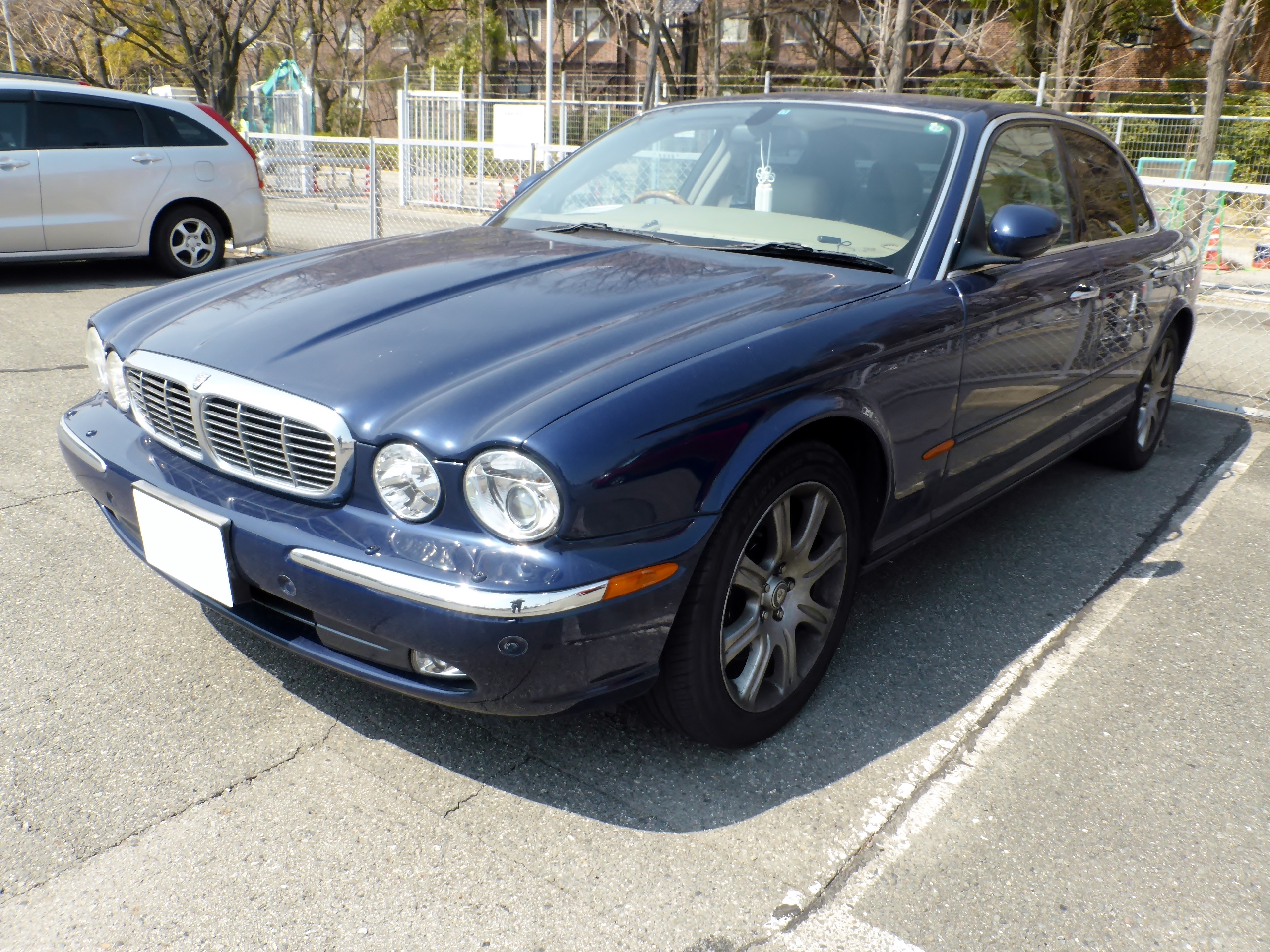
The Jaguar XJ is a classic example of luxury and sophistication, but its value drops dramatically over time. According to Kelley Blue Book, the XJ loses about 66% of its value in the first five years. This prestigious sedan faces stiff competition from more tech-savvy and reliable rivals, making it harder to justify its high initial cost. Eric Lyman, Chief Industry Analyst at ALG, highlights that the market’s shift towards SUVs also contributes to the XJ’s declining popularity. As a result, you might find its once-prized badge losing its appeal.
Maintenance and repair costs on the Jaguar XJ are also notably high, adding to the overall cost of ownership. While the car’s luxurious interior and smooth ride are appealing, they might not offset the financial hit from its depreciation. If you’re not prepared for these added costs, you could find yourself regretting your purchase. Moreover, the vehicle’s limited cargo space and outdated tech features can be a turn-off for potential buyers. All in all, the Jaguar XJ, while attractive, may not be the wisest financial choice.
4. Audi A8
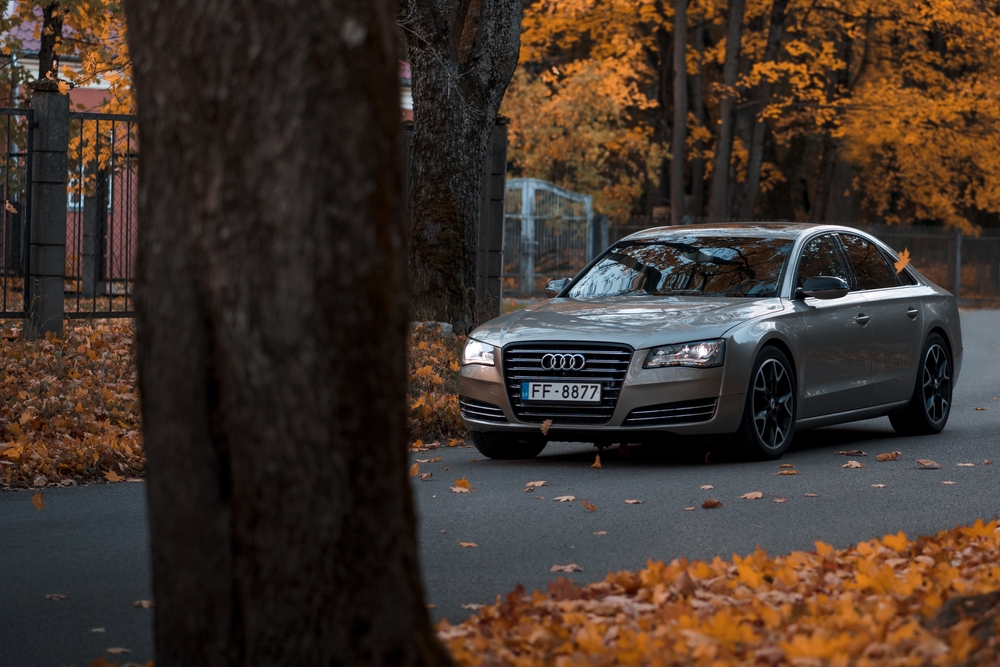
The Audi A8 is a technological tour de force, but that doesn’t save it from losing value rapidly. This flagship sedan from Audi depreciates significantly, losing a substantial portion of its value within the first few years. The A8 struggles to keep up with its luxury competition, especially as newer and more advanced models are released. Even though it offers a smooth ride and state-of-the-art tech, it often doesn’t top lists for luxury sedans. As a result, it loses its appeal quickly, impacting its resale value.
The running costs for the Audi A8 are also on the high side, which can make it less appealing. Not only do you have to contend with luxury car insurance rates, but repair and maintenance can be quite costly. This can add up over time, making the total cost of ownership much higher than anticipated. The Audi badge might confer prestige, but that doesn’t always translate into long-term value retention. Before investing in an A8, consider the financial implications of its rapid depreciation.
5. Cadillac CT6
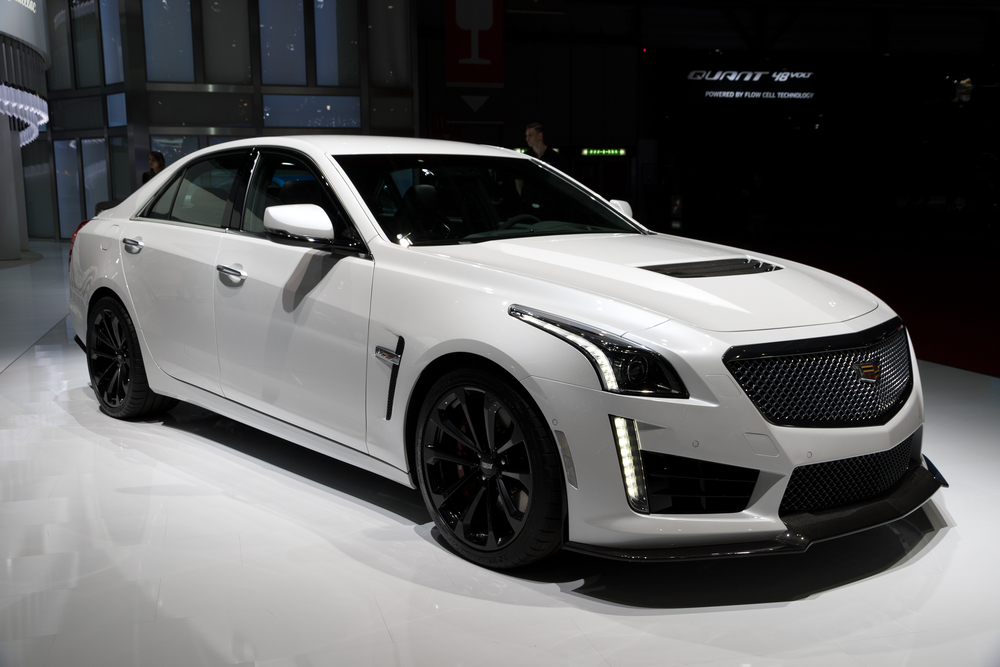
Cadillac’s CT6 was envisioned as a serious contender in the luxury sedan market but unfortunately hasn’t held its value well. This full-size luxury car depreciates at an alarming rate, losing a large chunk of its worth after just a few years. According to a report from Autotrader, the CT6 is often overlooked in a segment with established European competitors. Jessica Caldwell, Executive Director of Industry Insights at Edmunds, notes that Cadillac’s inconsistent market positioning often confuses buyers. As a result, the CT6 struggles to maintain its resale value.
Beyond depreciation, the CT6 suffers from high running costs typical of luxury vehicles. The fuel efficiency is subpar, and the maintenance can be demanding, weighing down your wallet over time. While it offers luxury features and a comfortable ride, these attributes don’t always translate to a solid investment. Additionally, the discontinuation of certain models has left potential buyers wary. All these factors combined make the Cadillac CT6 a poor choice if you’re looking to retain value.
6. Volvo S90
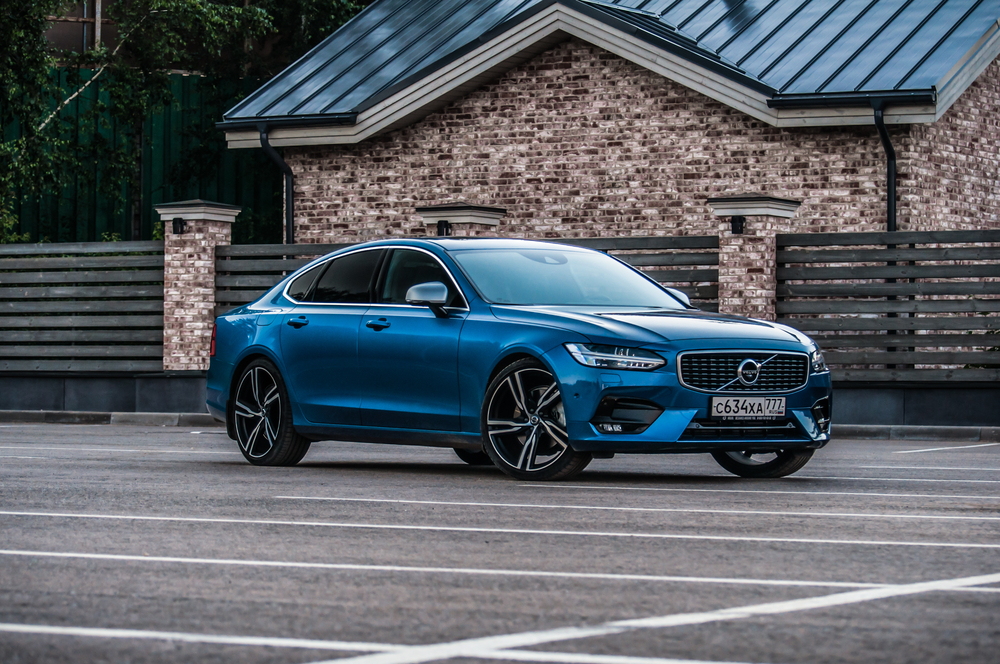
The Volvo S90 is a sleek and stylish luxury sedan known for its safety features and Scandinavian design. Unfortunately, this doesn’t prevent it from losing value quickly in the resale market. Despite its appeal in terms of aesthetics and comfort, the S90 depreciates significantly within its first few years. This rapid loss in value can be attributed to its fierce competition with other luxury brands that offer more advanced technology and better performance. Thus, while the S90 might win your heart, it won’t necessarily be kind to your bank account.
What adds to the depreciation issue is the high cost of ownership associated with the Volvo S90. Maintenance and repair expenses can be steep, particularly as the car ages. This, coupled with a less-than-stellar fuel efficiency, can make owning an S90 more expensive than anticipated. Moreover, the limited brand prestige compared to German rivals means it doesn’t hold its value as well. If resale value is important to you, the Volvo S90 might not be the best choice.
7. Mercedes-Benz S-Class
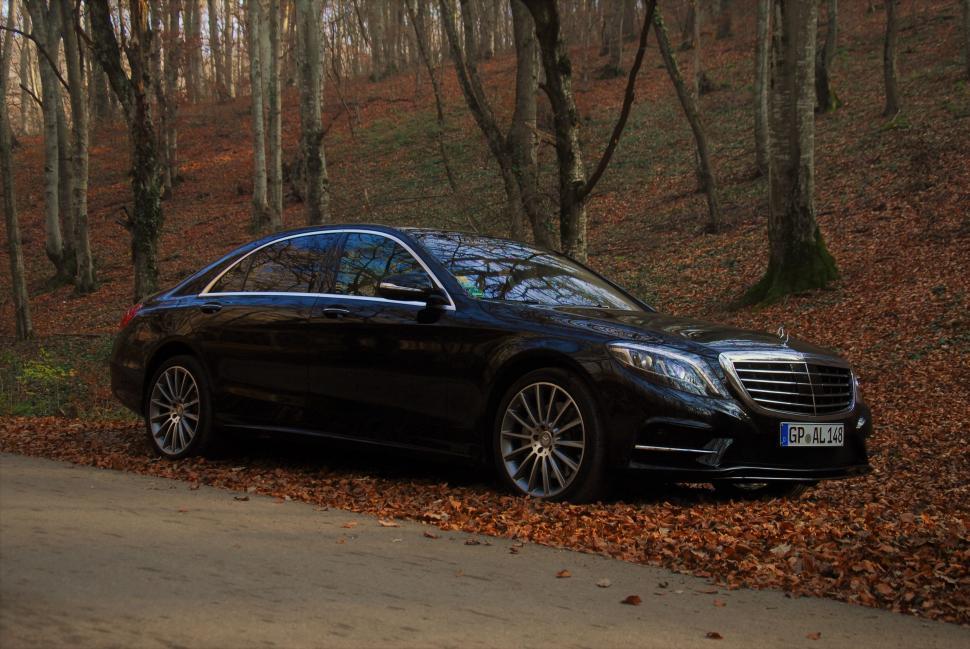
The Mercedes-Benz S-Class is often considered the gold standard of luxury sedans, but even it isn’t immune to depreciation. While it boasts cutting-edge technology and unparalleled comfort, its resale value drops significantly after a few years. According to a study published by Automotive Leasing Guide, the S-Class is notorious for losing up to 50% of its value in just three years. Tom Kontos, Chief Economist at KAR Auction Services, points out that the luxury segment’s rapid technological evolution leaves older models feeling outdated. So, that new S-Class might feel like a tech marvel now, but it won’t be long before it feels dated.
Additionally, the cost of ownership for the S-Class can be prohibitive. High maintenance costs, expensive parts, and premium fuel requirements mean that your investment doesn’t just end at the dealership. While driving an S-Class is undoubtedly a status symbol, it’s a costly one to maintain. This can deter potential second-hand buyers, further driving down resale value. If you are considering an S-Class, be prepared for a significant hit to its value.
8. Lexus GS
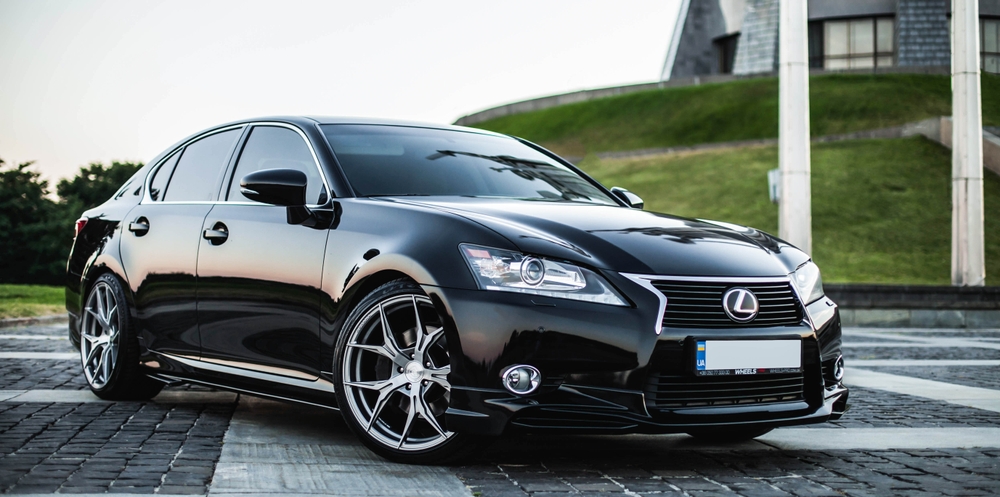
The Lexus GS is a reliable and stylish luxury sedan, but it struggles with depreciation. Even though it’s known for its dependability, it doesn’t hold its value as well as some of its competitors. This is partly due to the brand’s focus on comfort over cutting-edge technology, leaving the GS lagging behind in a tech-savvy market. While it offers a smooth and comfortable ride, those attributes aren’t always enough to retain value. As a result, its resale value suffers, making it less appealing to future buyers.
The Lexus GS also faces stiff competition within the luxury sedan market, which affects its desirability. Many potential buyers gravitate towards brands that offer more prestige or advanced features, which can make the GS seem less attractive in comparison. Additionally, the cost of maintenance and insurance can add up over time, although it’s generally less than some European rivals. Nevertheless, these factors still contribute to the overall cost of ownership. If you’re set on a GS, know that its resale value might not be as strong as you hope.
9. Infiniti Q70
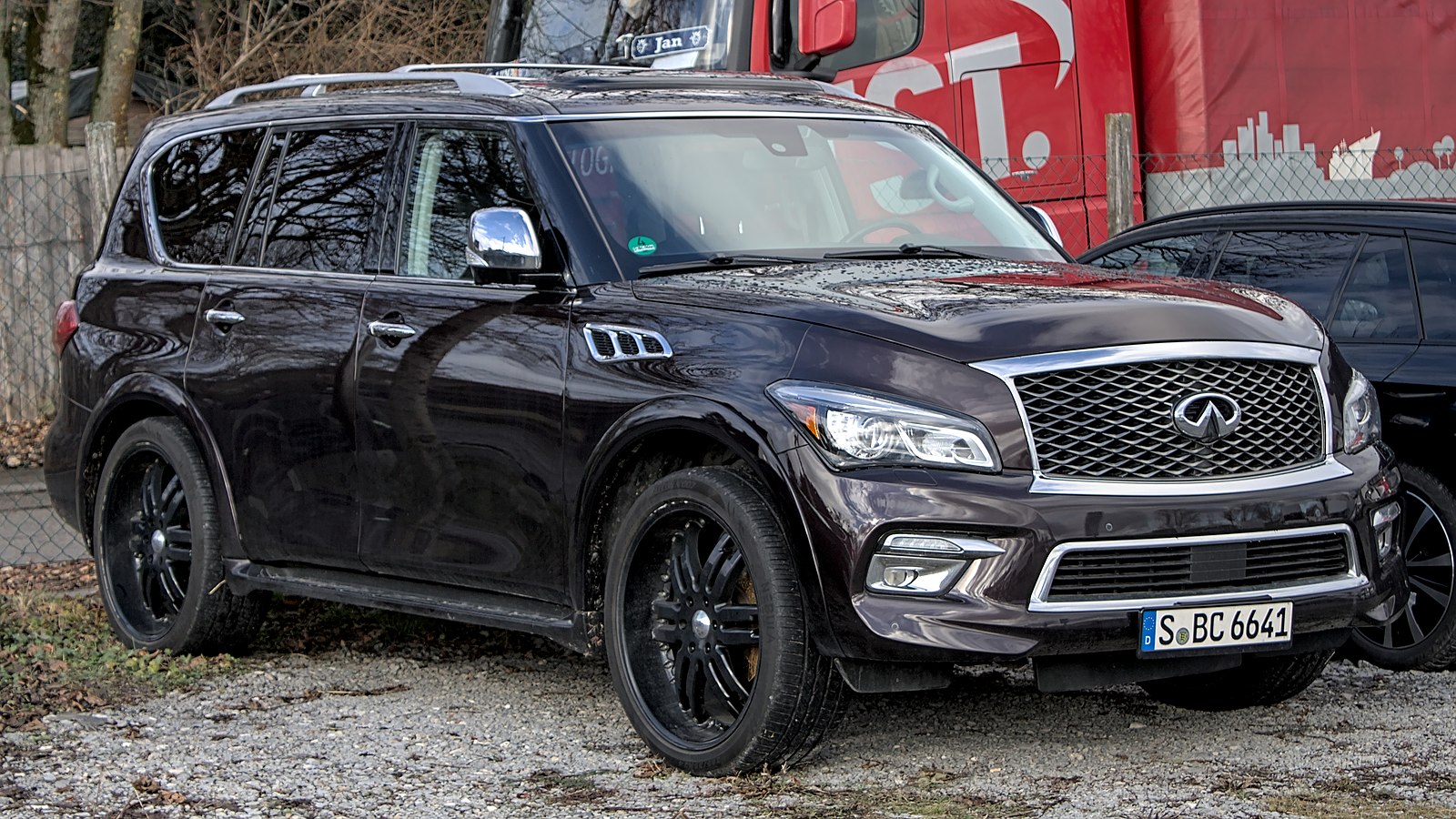
Infiniti’s Q70 offers a blend of performance and luxury, but it fails to retain its value over time. This luxury sedan depreciates rapidly, making it a questionable investment if you’re concerned about resale value. While the car provides a comfortable ride and a host of luxury features, it struggles to compete with more tech-forward rivals. This technology gap can leave the Q70 feeling outdated quickly, further impacting its resale prospects. Thus, while it may catch your eye initially, it won’t do any favors for your wallet in the long run.
Another factor contributing to the Q70’s depreciation is Infiniti’s brand recognition, which doesn’t carry the same weight as some European luxury brands. This lack of brand prestige can deter potential buyers, making it harder for you to sell the car down the line. Additionally, the cost of keeping a Q70 on the road can be high, considering maintenance and repair expenses. Fuel efficiency also leaves something to be desired, adding to the financial burden. Altogether, while the Infiniti Q70 has its charms, retaining value isn’t one of them.
10. Lincoln Continental
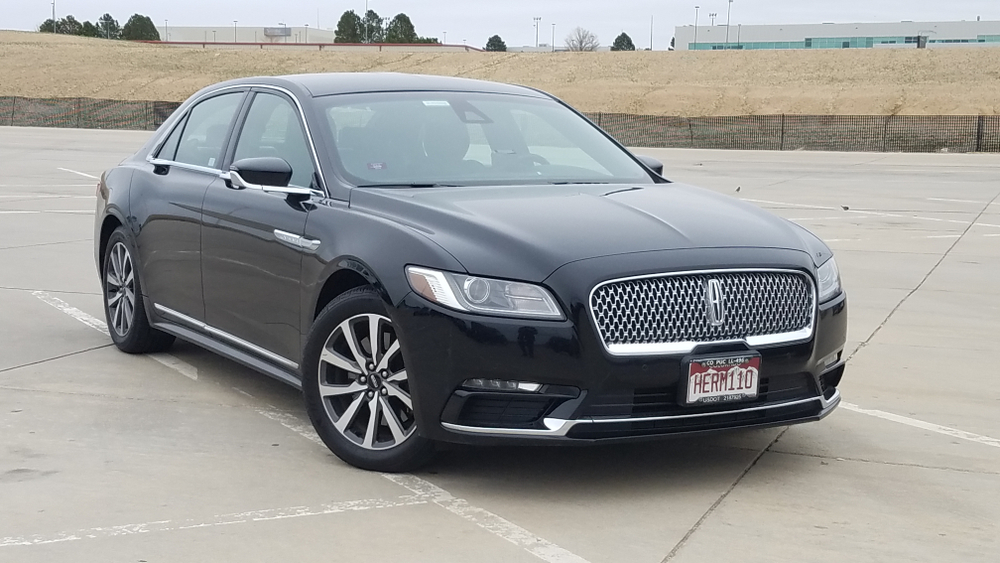
The Lincoln Continental is a classic name in American luxury, but its value doesn’t hold up well over time. Despite its rich history and luxurious features, it depreciates quickly. Part of the issue lies in its competition with more technologically advanced offerings from European automakers. While you might enjoy its plush interior and smooth ride, these benefits don’t always translate to a strong resale value. Consequently, the Continental might leave you with a sense of buyer’s remorse down the line.
Additionally, the Lincoln Continental faces challenges with brand perception, often seen as less prestigious compared to its European counterparts. This perception can negatively affect resale value, as potential buyers may opt for brands with more cachet. Moreover, the maintenance and insurance costs are typical of luxury vehicles, adding to the total cost of ownership. This high cost can act as a deterrent for second-hand buyers, further impacting depreciation. If you’re considering a Lincoln Continental, be mindful that it might not be the most financially savvy choice.
11. Acura RLX
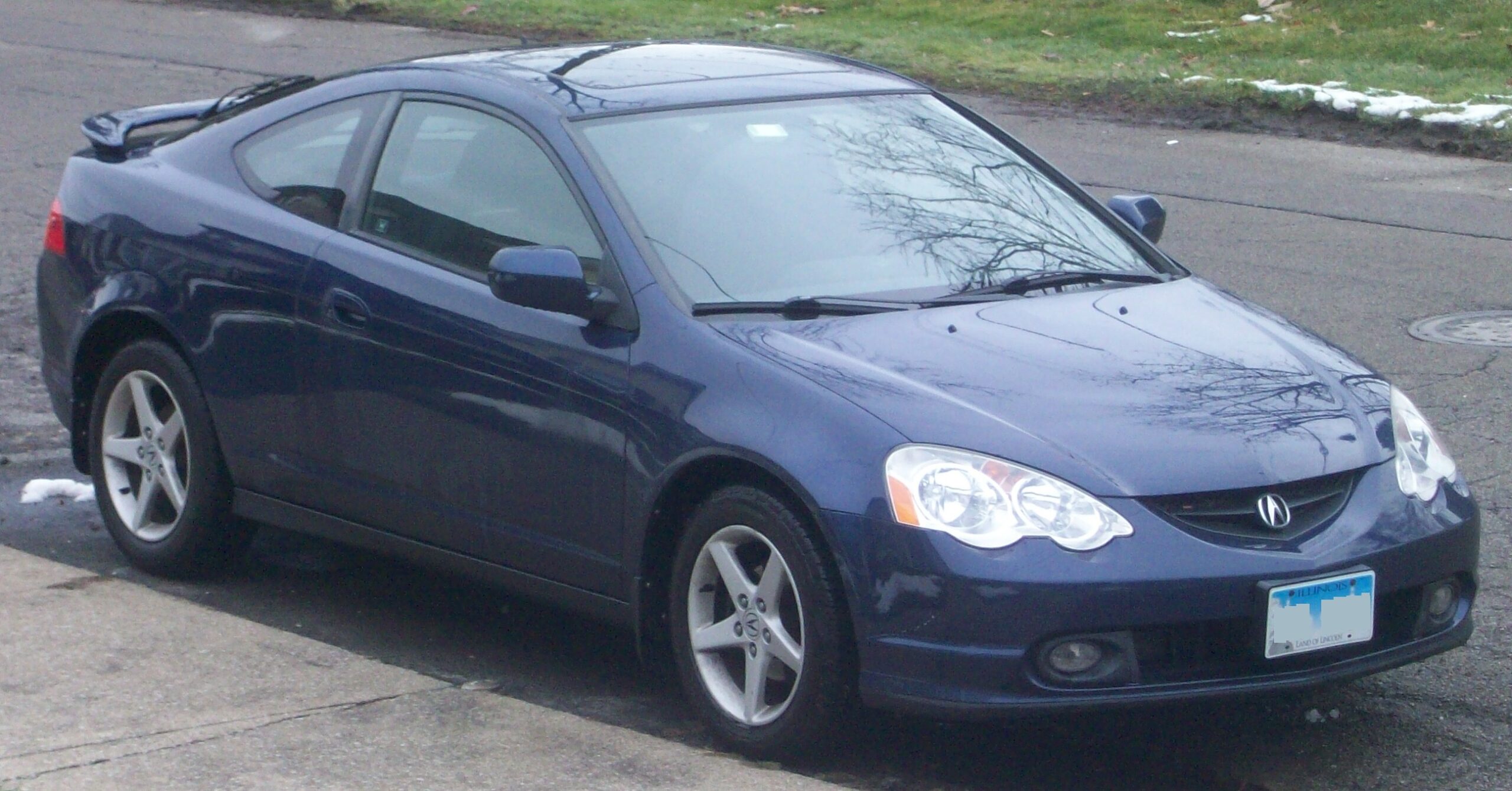
The Acura RLX is known for its reliability and comfort, but these attributes don’t prevent it from depreciating quickly. Despite its positive qualities, it struggles to compete in the crowded luxury sedan market. Its depreciation rate is high, meaning you’ll take a significant financial hit if you plan to sell it down the road. The RLX lacks the flashy appeal and advanced technology found in many of its competitors, which makes it less desirable. As a result, retaining value is a challenge for this model.
Another factor to consider is the Acura RLX’s brand perception, which doesn’t carry the same prestige as some of its rivals. This can make it a tougher sell in the second-hand market, as buyers often gravitate towards more illustrious brands. Additionally, the RLX comes with the typical high maintenance and insurance costs associated with luxury vehicles. These expenses can add up, further diminishing any financial benefits you might have expected. While the RLX is a dependable choice, it’s not the best option if you’re concerned about value retention.
12. Alfa Romeo Giulia
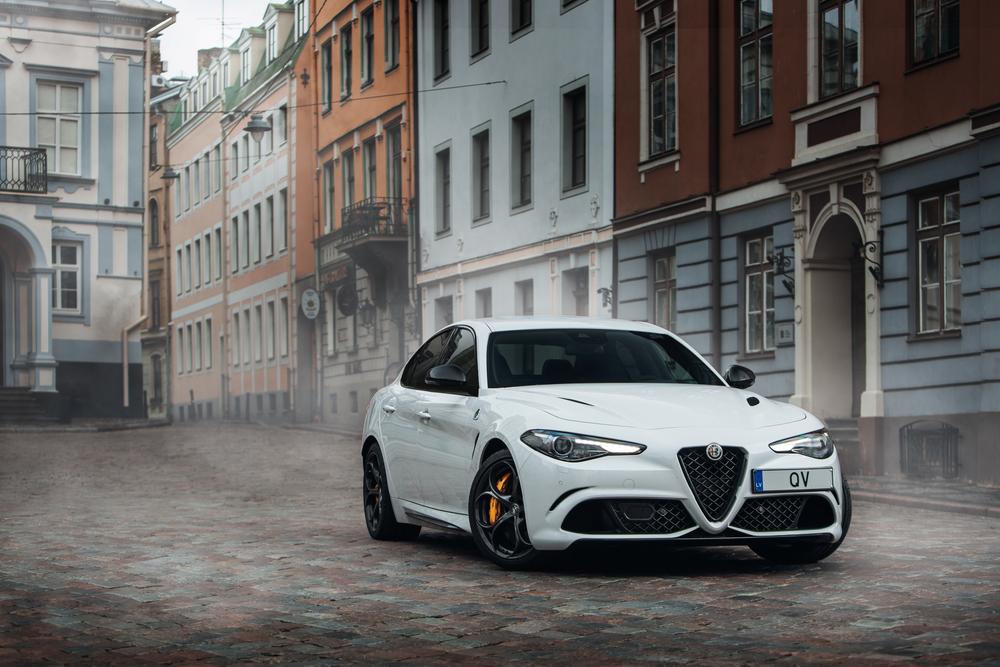
The Alfa Romeo Giulia is a head-turner with its Italian style and sporty performance, but it doesn’t hold its value well. This luxury sedan depreciates at a rapid pace, making it a challenging investment for those concerned about resale value. While the Giulia offers an exhilarating driving experience, it struggles with reliability issues that can deter potential buyers. These issues, coupled with a high cost of ownership, make it less appealing in the long term. As a result, despite its initial allure, the Giulia can quickly lose its shine.
Another issue with the Alfa Romeo Giulia is the brand’s limited recognition and prestige compared to more established luxury automakers. This can make it a harder sell in the second-hand market, as buyers often prioritize brands with a proven track record. Additionally, the cost of repairs and maintenance can add up, making ownership more expensive over time. Insurance costs are also on the higher side, further impacting the overall financial picture. If you’re smitten by the Giulia’s charm, be aware that its resale value might not match its initial appeal.
13. Genesis G80
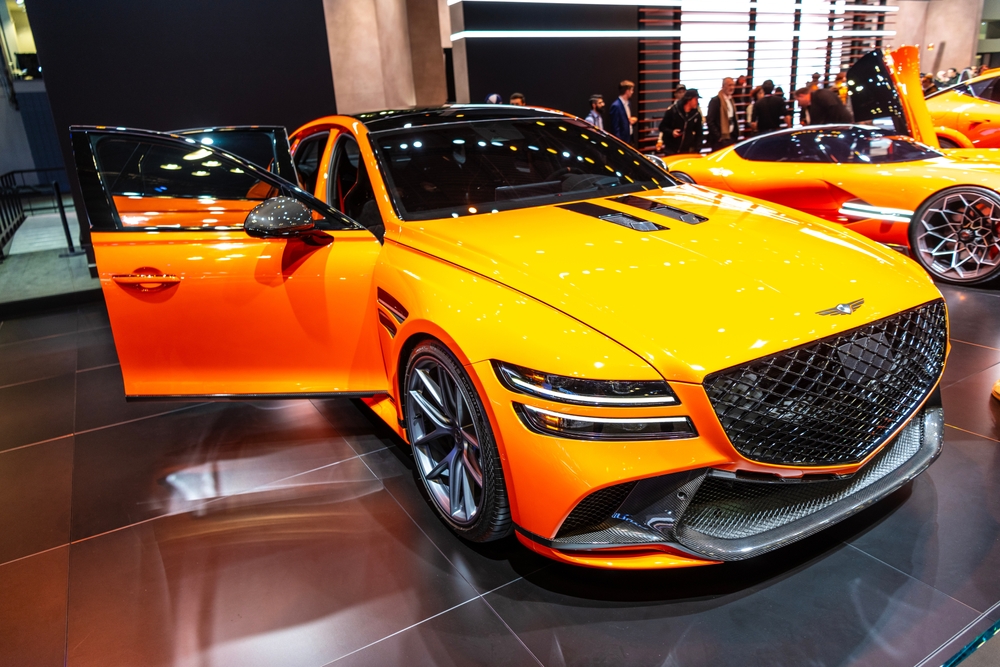
The Genesis G80 is a luxury sedan that offers a lot for the price, but it doesn’t retain its value as well as some competitors. While it provides a comfortable ride and a host of features, its resale value drops significantly over time. The G80 faces stiff competition from more established brands, leading to faster depreciation. Though it has received praise for its quality, the Genesis brand doesn’t yet carry the same weight as some of its rivals. As a result, potential buyers may overlook it in favor of more prestigious options.
Additionally, the Genesis G80 comes with the typical high running costs associated with luxury cars. Though it may be more affordable upfront, maintenance and repair expenses can quickly add up. Insurance costs are also above average, further impacting the total cost of ownership. For these reasons, while the G80 might seem like a good deal initially, its rapid depreciation can make it a less attractive choice financially. If you’re considering a Genesis G80, keep its resale value in mind as part of your decision-making process.
This article is for informational purposes only and should not be construed as financial advice. Consult a financial professional before making investment or other financial decisions. The author and publisher make no warranties of any kind.








